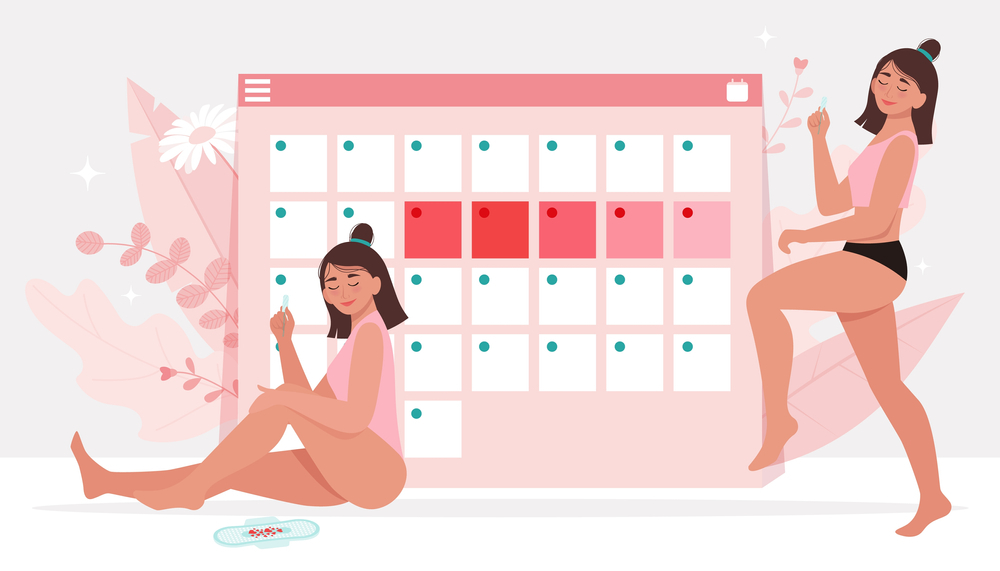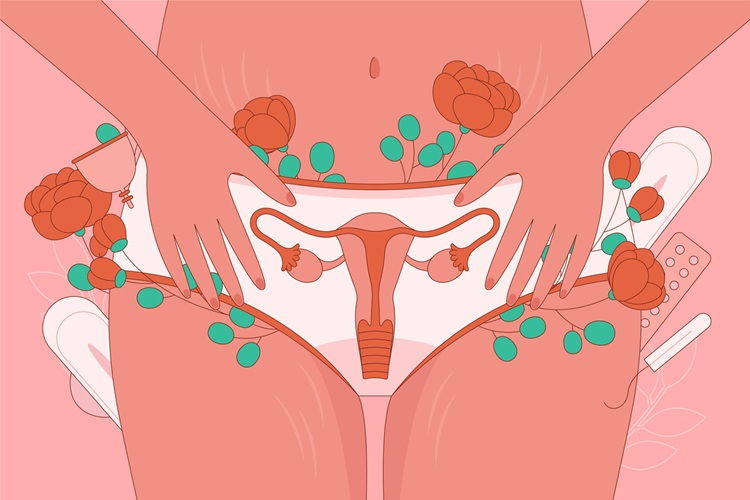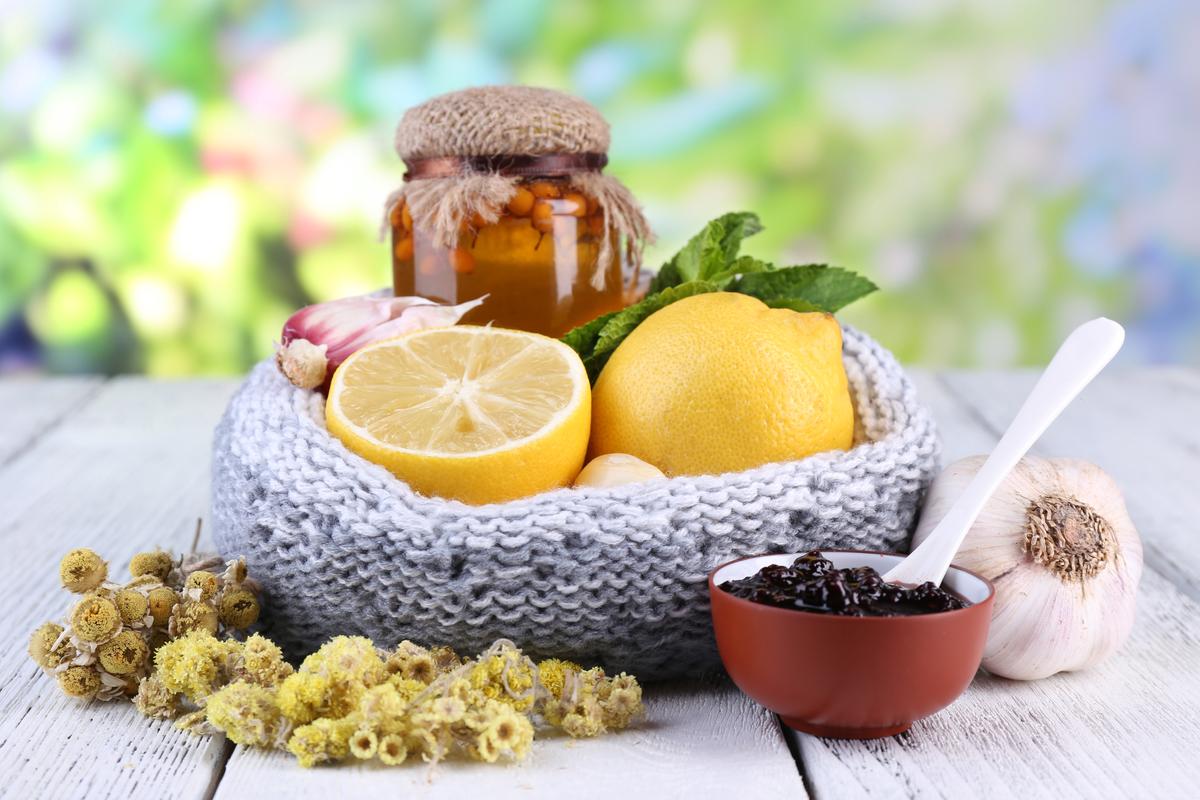Everything about Menstruation Part One
“So many different words are used for menstruation such as period, menstrual cycle, menses, monthlies, time of the month and I am sure there are so many other degrading names says (Laird, 2019).” The attitudes and secrecy towards period is changing, and becoming a lot more natural and normal to discuss. All it takes is a Google search to find some of the names but why is that? Some of these names have long stages of history attached because of how periods were perceived back in the day, or even so- in different continents of the world- where the period is viewed as being impure (Kasenko, 2019).
I guess the question is what is menstruation? Firstly, menstruation occurs at the secondary stage of puberty after breasts have developed, pubic hair and the ovaries start to release egg cells. Blood begins to flow from the vaginal area for about 3-7 days, although a day bleeding is normal alongside eight days.
Typically, menstruation occurs every 28-30 days, the length and cycle are different for everyone; as some tend to have shorter cycles whilst other longer cycles, just like the pain and just like the flow 1. Every woman’s period is unique. However, the flow can be affected due to medications, the thickness of the endometrium, blood disorders and disorders of blood clotting.
According to a study, around 30% of women will experience abnormal uterine bleeding (AUB) which is a difference in the volume or pattern of blood flow 2. Most of the time, there are symptoms before the period known as premenstrual syndromes such as; food craving, acne, backache, headaches, nausea, and many more. Surprisingly this is the body’s natural way of telling you to prepare as the purpose of periods is to indicate fertility (Critchley et al., 2020).
On the other hand, Amenorrhea is the absence of a period with Primary Amenorrhea; meaning a period absence by the age of 15 whilst Secondary Amenorrhea is when your regular periods have stopped for at least three months 3. The common causes are usually due to stress, pregnancy, and illness. Also, you may be at higher risk if you have a family history, genetic/chromosomal condition, over/underweight, eating disorder and poor diet
Endometriosis is a condition where the lining of the womb starts to grow in other places such as ovaries and fallopian tubes. It can affect women of any age and is usually a long-term condition. Symptoms associated with this condition include are pain in the lower tummy/back, period pain, and pain during sex.
Breaking the Taboo
As women, we don’t always seem to understand the intricacies of our bodies. Hence, it is crucial to discuss, and inform others about what to expect, and raising awareness if there is something unusual such as having longer periods above 8 days, or unbearable pain. Now, more than more ever, it is essential to raise awareness to end period poverty, and normalize talking about menstruation. It is not shameful, nor should it be embarrassing! It is a normal part of us and is a part of growing up. Breaking the taboo in different cultures allows open discussion surrounding bleeding and access to healthcare 4.
Also, it is important to understand menstruation especially within healthcare professionals as having knowledge of female anatomy, and the menstrual cycle physiology allows us to find the underlying cause; especially with infertility being prominent. Understanding the woman’s body during that stage allows us to prepare for pregnancy and thus each woman’s cycle and concerns should be highlighted and taken seriously early on (Thiyagarajan, Basit & Jeanmonod, 2021).
Conclusion
It is helpful for everyone to have a better understanding which can be achieved through improving communication between healthcare professionals and patients; while also raising awareness about menstruation.
I am only skimming the surface of these issues and discussing them. Still, we need to tackle what lies beneath and understand the layers of our history and body as women let alone as humans.
Written by: Rahmah Awawdeh Ms







Comments (1)
Yesss, so excited for part two!!!! This was so informative.